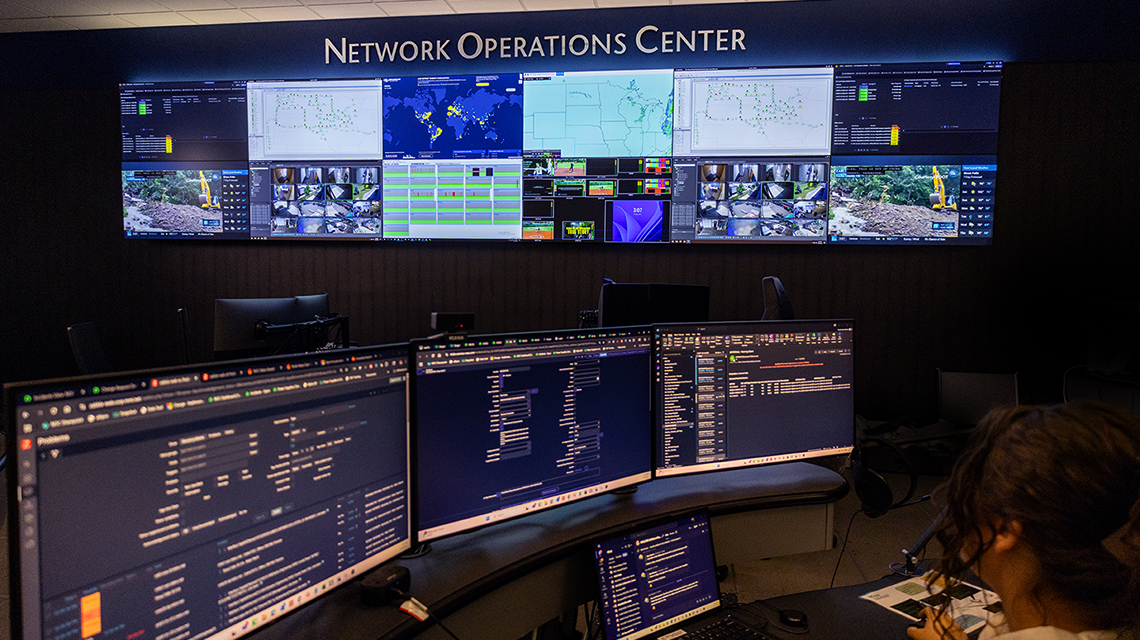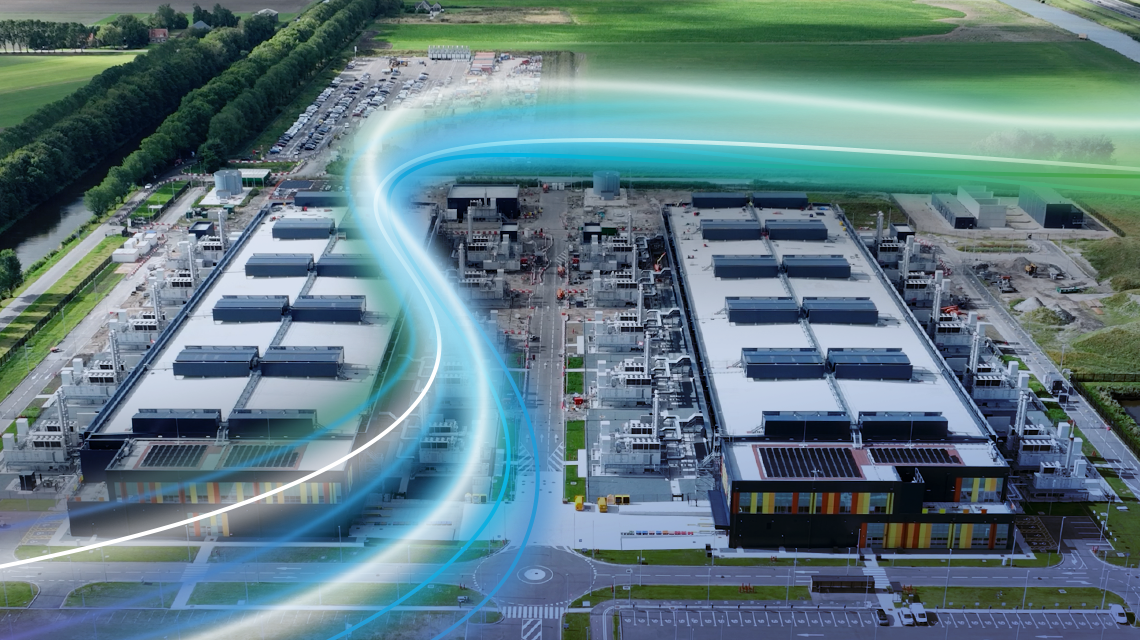
Staying connected is essential for businesses. You need more uptime, lower latency, better bandwidth and...
Tags: Networking
May 22, 2023 | 4 min read
Tags: Networking
Arthur C. Clarke, a noted futurist, coined the phrase "Any sufficiently advanced technology is indistinguishable from magic."
It's hard to read a news feed these days without seeing something about artificial intelligence or "AI" and the incredible things it can do. To many, it must seem like magic. To others, a tool to use or to exploit, and some are just fearful, imagining a dystopian future illustrated by movies like The Terminator or The Matrix.
The phrase "Artificial Intelligence" was invented long ago by a researcher named John McCarthy based on work by Alan Turing and others as a generous way to describe their work with early computers. I say generous because today, many decades later, scientists still know very little about how the brain actually works. It's also interesting that people tend to focus on the "intelligence" part of that moniker versus the "artificial" part.
The reality is that AI is a computer program that works by correlating numerous data points with each other using special “neural network" algorithms. That's an oversimplification of course, considering that with today's computing power, those associations can be multilayered and contain hundreds of millions of "weights" connecting the data together.
An AI program "learns" by being exposed to a specific set of data, such as language rules, chemical types, weather patterns, etc. The more data, the better, because with a sufficient amount of learning, AI can then be used to make inferences based on the data's relationship and that's when the magic happens.
All of the recent developments we read about in the news are forms of "narrow AI." The act of creating pictures or fake research papers is a type of narrow AI called "generative AI." "Artificial general intelligence" (AGI) predicts a much broader capability similar to (or exceeding) humans and is presently limited to being an inspiration for science fiction pop culture. While many are working on AGI, most informed futurists understand we are very far from even being close to developing at that level.
"Is AI going to change the world? Absolutely, and it's going to be profound, much like the printing press, the transistor and many other technological jumps throughout history."
Jon Pederson
Is AI going to change the world? Absolutely, and it's going to be profound, much like the printing press, the transistor and many other technological jumps throughout history. Although Artificial General Intelligence is squarely in the 'hype' category, various forms of narrow AI are making massive strides. While very news-worthy applications like ChatGPT and Dall-E dominate the headlines, there's a lot of game-changing work being done outside of the spotlight.
For example, AlphaFold, an AI program from DeepMind, in 2021 solved tens of millions of protein-folding problems, a task that previously required many computers working for weeks and that was only to solve a single protein. Work in the area has enormous implications for pharmacology and medicine. Similar efforts are underway right now in materials science to find the right combination of constituents for grid-scale and other advanced batteries that will help change our energy future.
AI is also making its way into consumer products, and you might have not even noticed. New cameras use AI for improved focusing, detecting the subject and even zeroing in to track the subject's eye. If you have a newer robotic vacuum, there's a good chance it's already using AI to map your house and optimize its cleaning route.
A few years ago, Midco started using AI for PNM (Proactive Network Maintenance), a way to quickly and proactively identify and zero-in on network issues, often before they become outwardly noticeable. If a squirrel chews a cable, for example, that can be noticed and fixed before water has a chance to infiltrate and make it a bigger problem. More recently, AI is being used to assist with Wi-Fi network configurations to insure maximum coverage and performance.
AI excels in discovering the unexpected and the unknowable. That's what makes it so powerful and magic-like. Unfortunately, like many transformative technologies, that also generates controversy when AI results don't align with our ethical sensibilities, and that too has been the topic of many news stories.
Love it or hate it, AI and the computing power that supports it, is here to stay. The upsides far outweigh the downsides and this genie can't be put back in the bottle. Like any powerful tool, learning how to use it, and using it correctly is the key to unlocking it's "magic," and we're sure to benefit from that magic in our businesses and homes in the months and years ahead.
Midco is preparing for a future where AI, robotic transportation, virtual reality and more converge - with data powerful to connect it all.
Are you ready?
Jon Pederson leads technology, engineering and network services – including all core technical systems and infrastructure. Pederson designed and implemented Midco's internet service and digital voice product, and established the Network Operations Center. He was also responsible for creating the first cable modem system in the Upper Midwest. He holds an associate’s degree in computer programming from Southeast Technical Institute and a bachelor’s degree in psychology from Augustana University.
Staying connected is essential for businesses. You need more uptime, lower latency, better bandwidth and...
Tags: Networking
Discover how Midco’s high-capacity, scalable network is set to meet hyperscalers’ demands in the Midwest,...
Tags: Networking
Midco CTIO Jon Pederson shares his thoughts on artificial intelligence, the difference between narrow AI...
Tags: Networking

